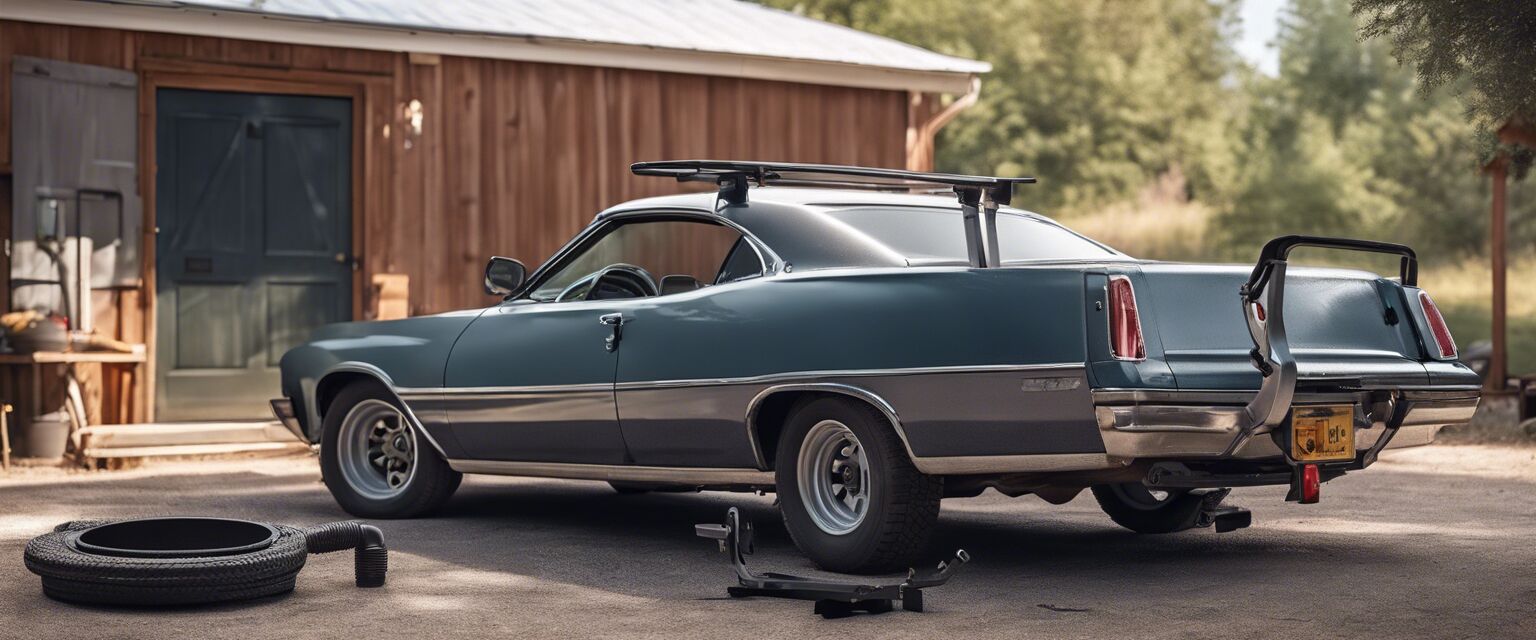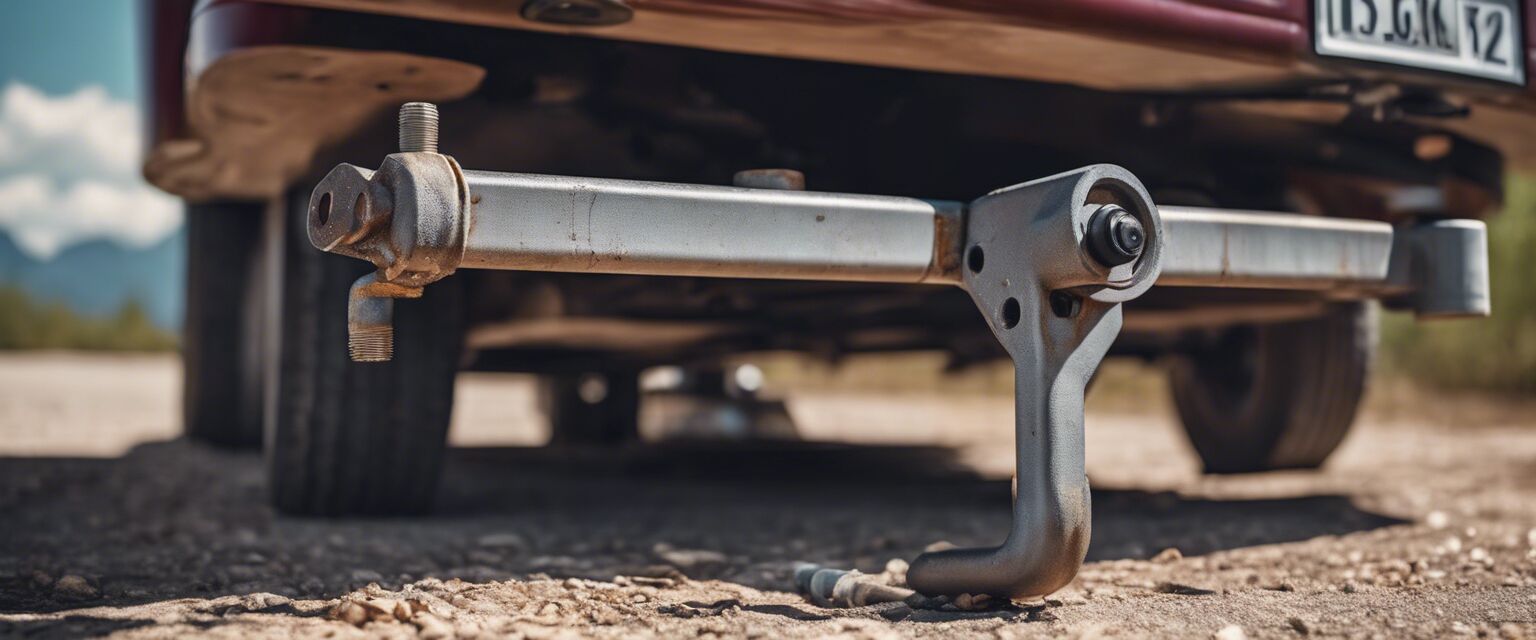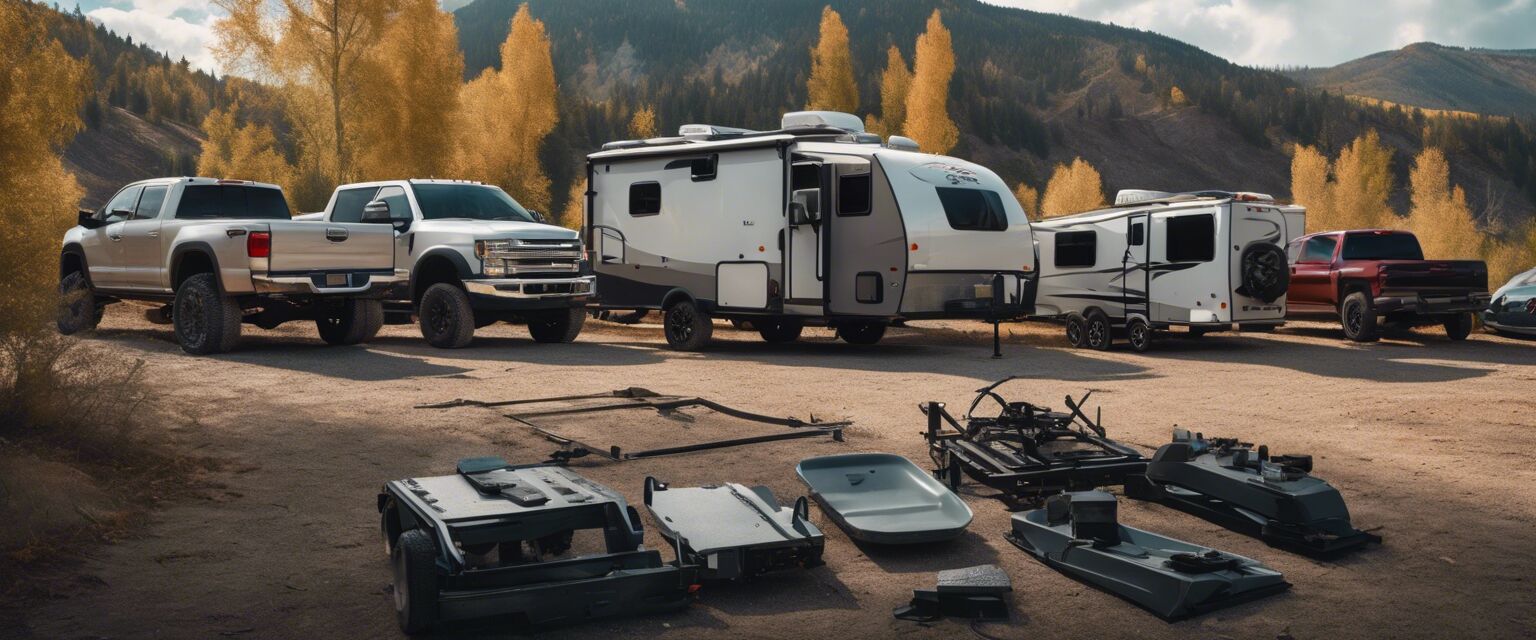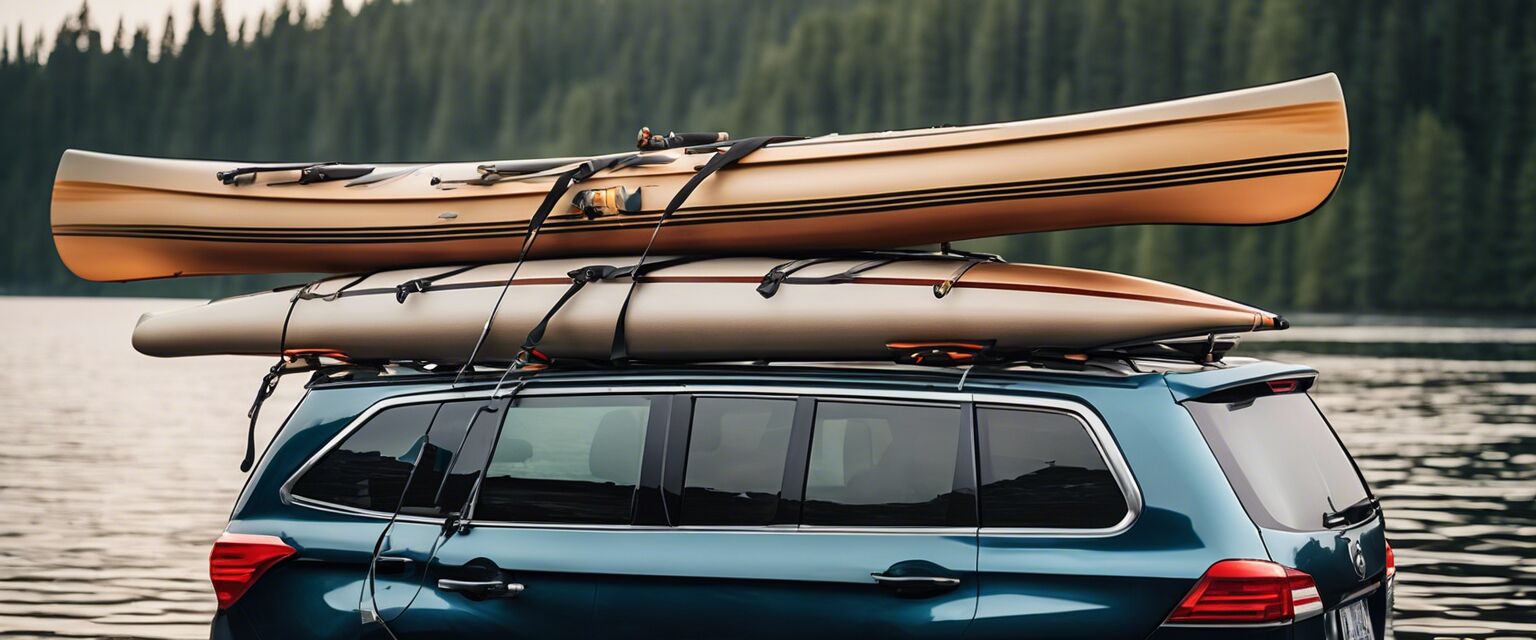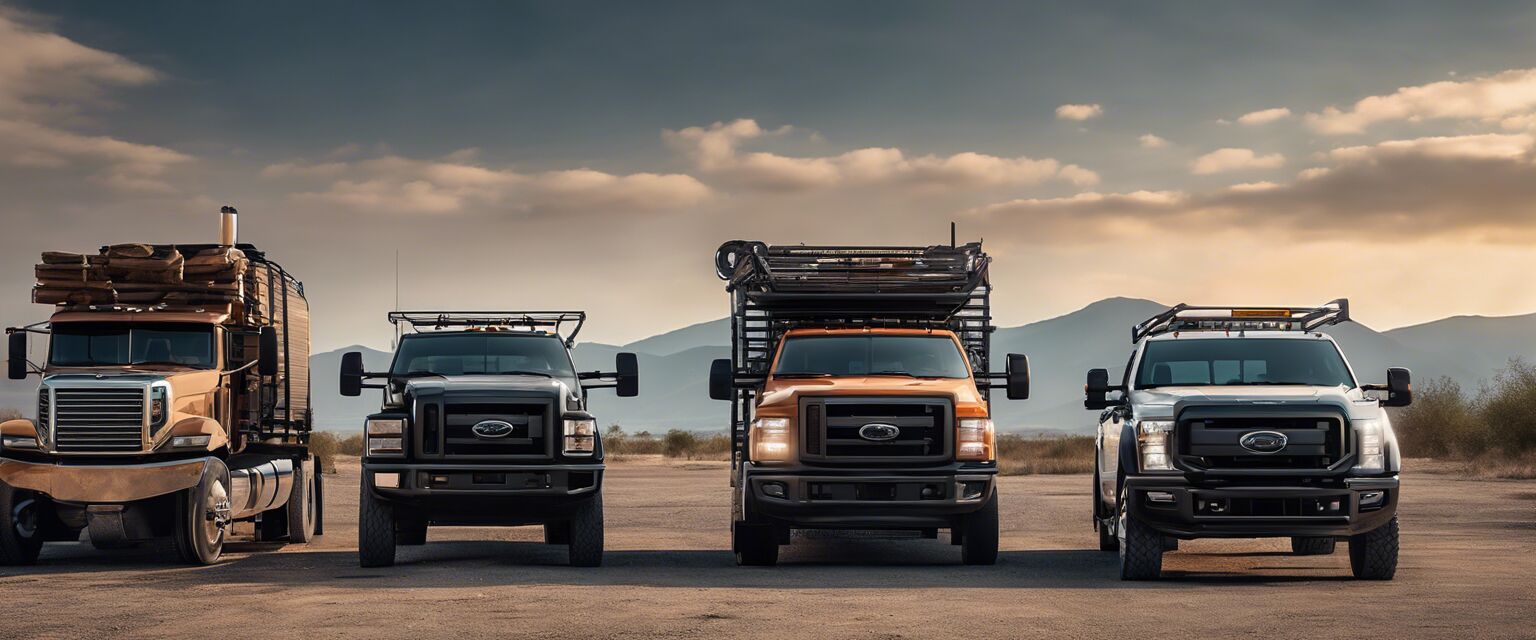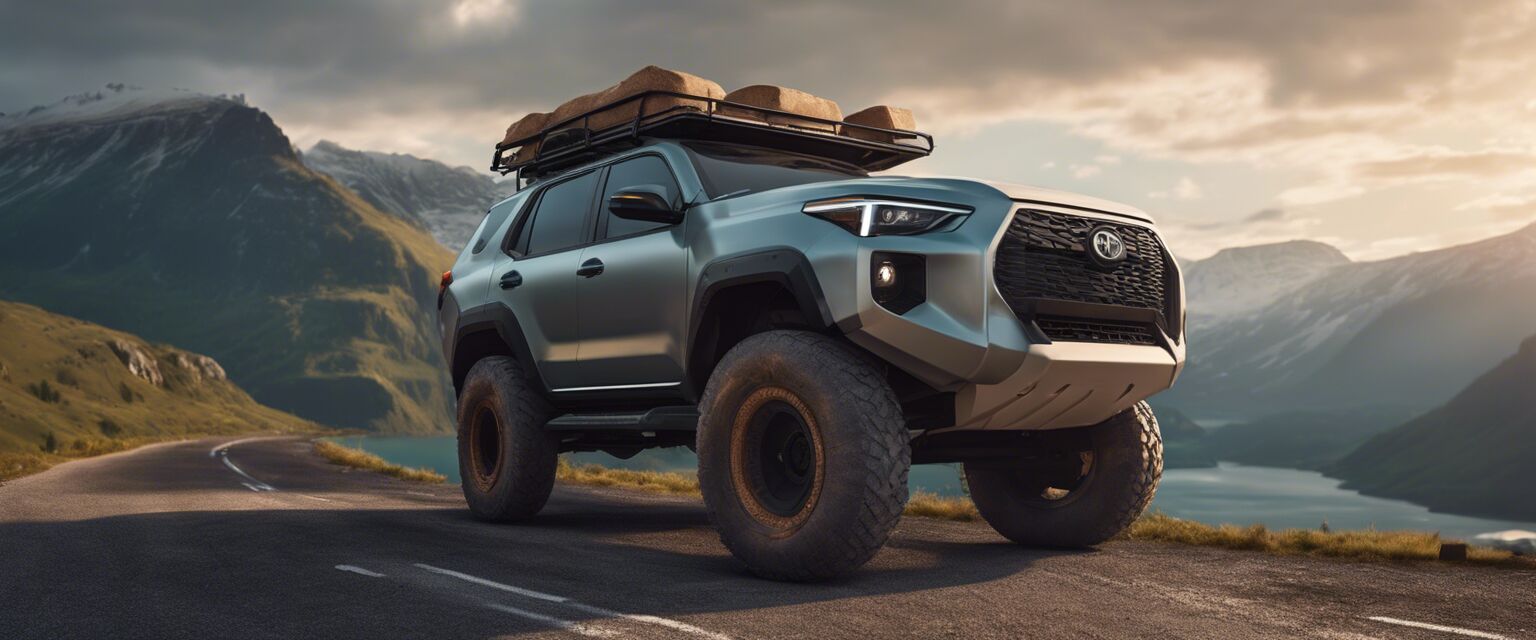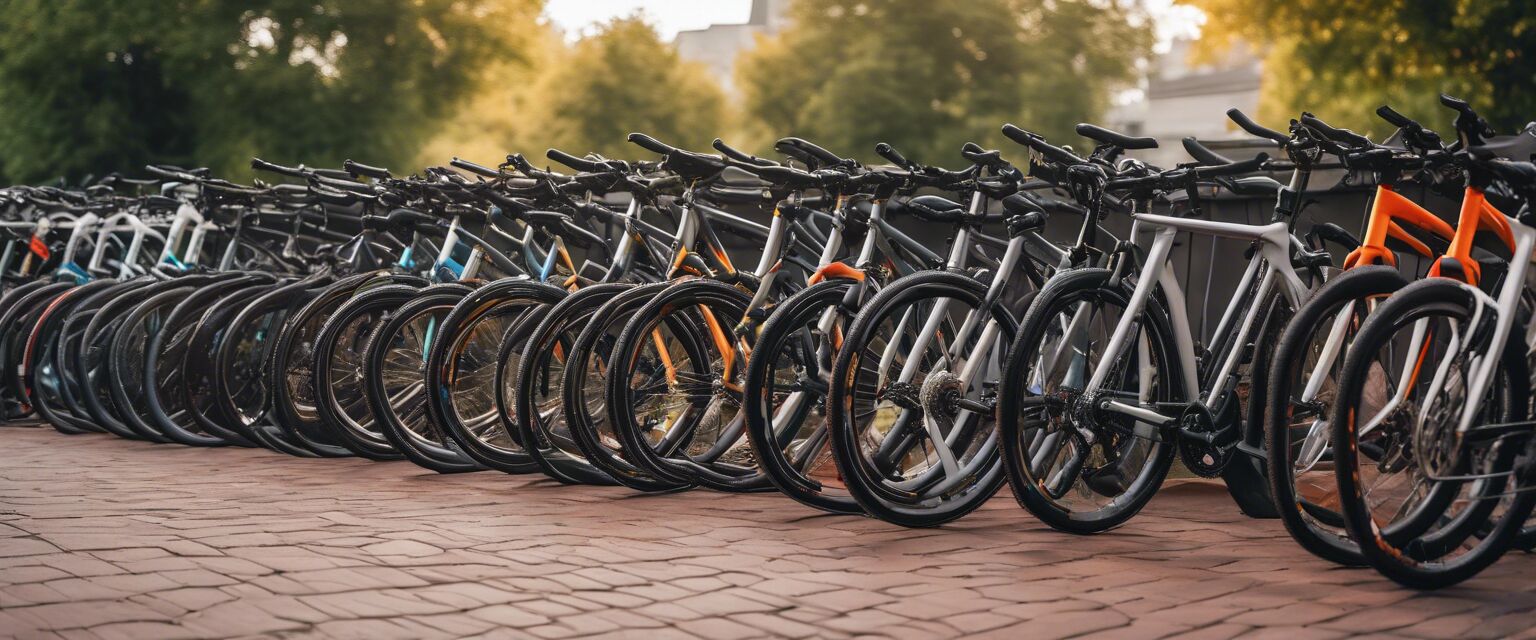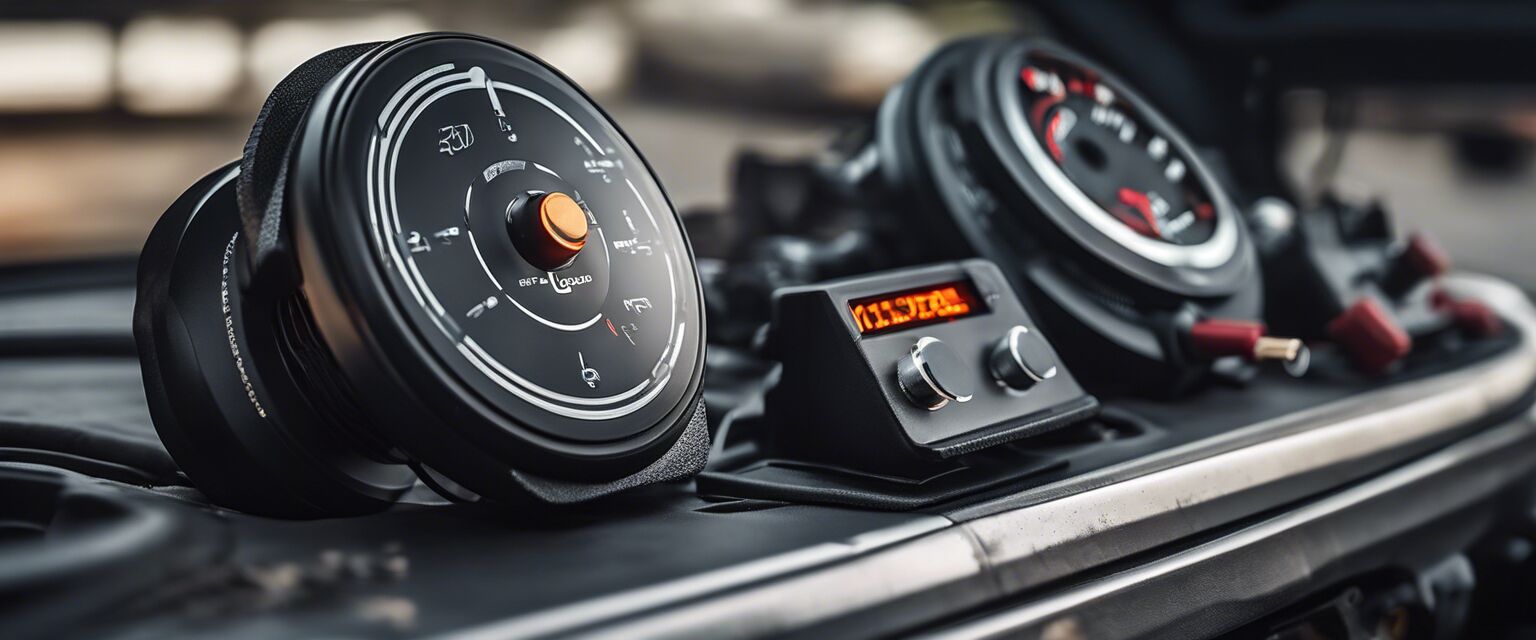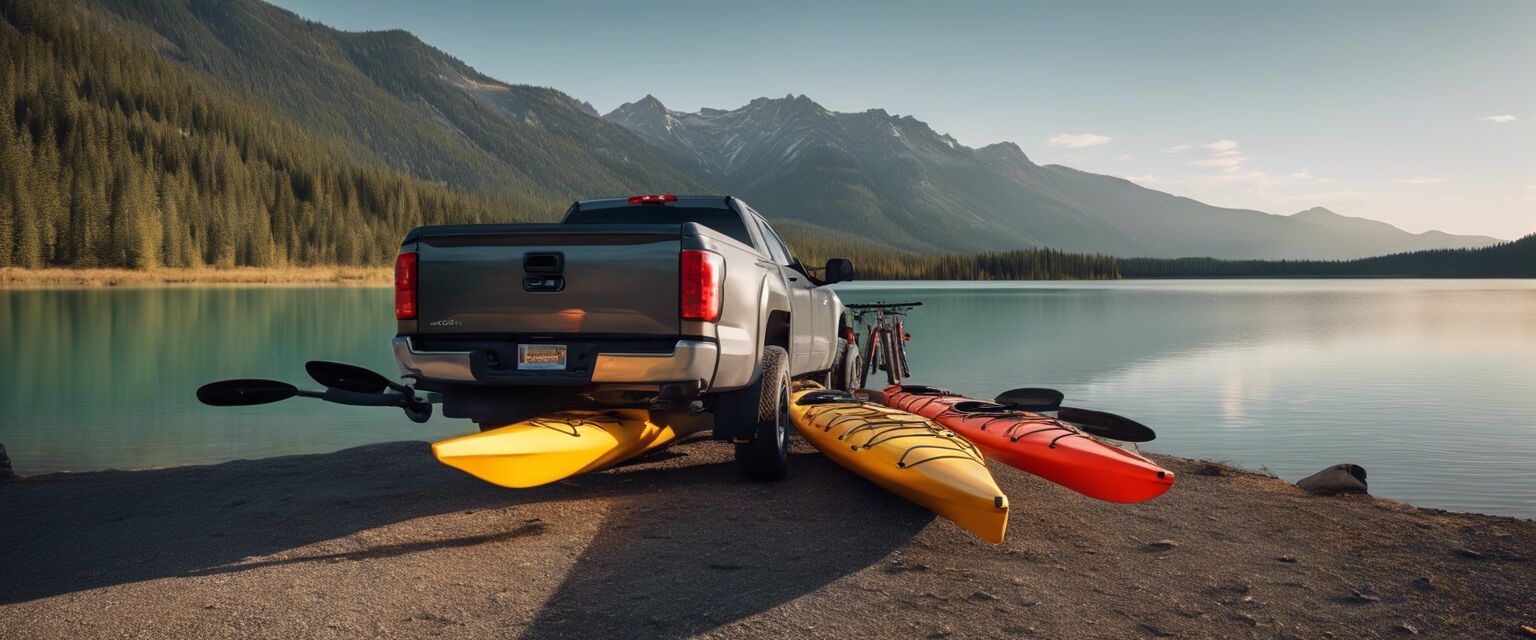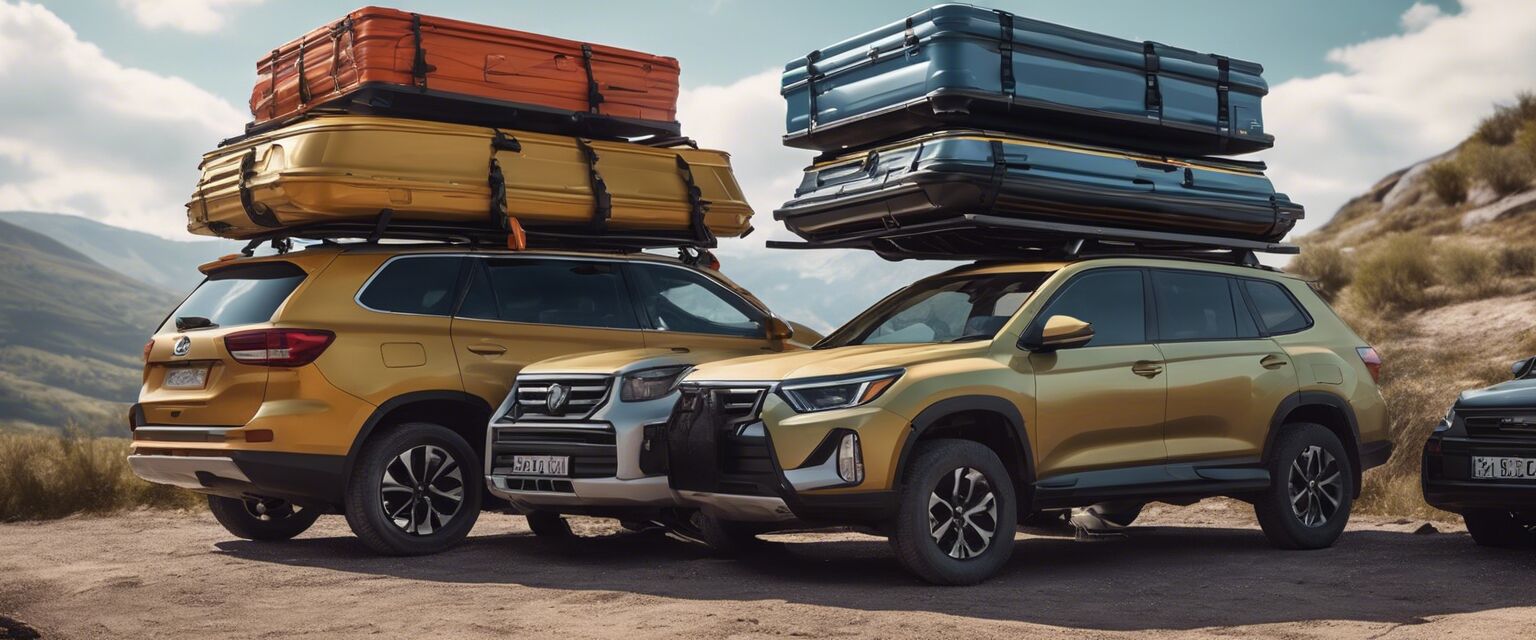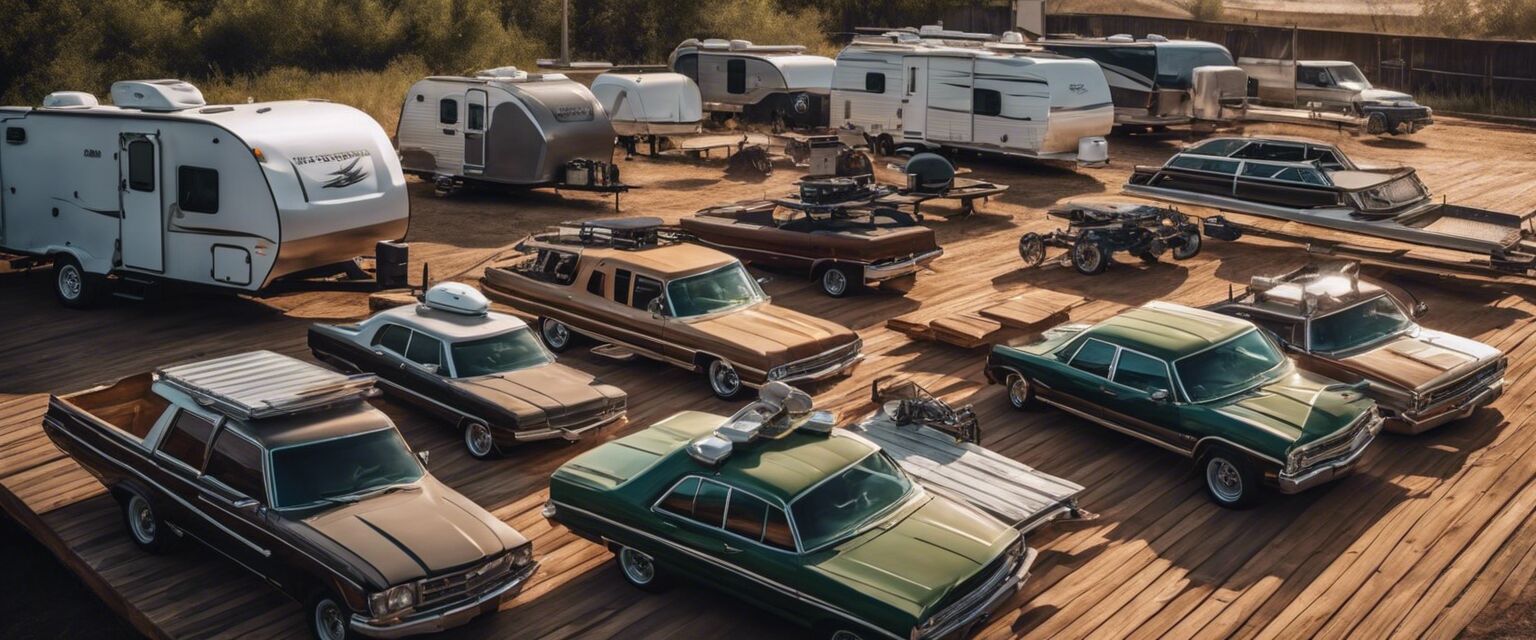
Trailer Hitches
Key Takeaways
- Trailer hitches come in various types, including receiver hitches, fifth wheel hitches, and gooseneck hitches.
- Proper installation and weight ratings are critical for safety and functionality.
- Understanding the specific needs based on your vehicle and towing requirements is essential.
- Regular maintenance ensures the longevity of your trailer hitch and towing setup.
When it comes to towing, having the right trailer hitch is crucial for both safety and performance. This comprehensive guide will walk you through the different types of trailer hitches, their uses, and best practices for installation. Whether you're towing a small trailer or a large camper, understanding your options will help you make informed decisions.
Types of Trailer Hitches
| Type of Hitch | Description | Best Suited For |
|---|---|---|
| Receiver Hitch | Most common hitch style, available in various classes based on weight capacity. | Light to medium-duty towing. |
| Fifth Wheel Hitch | Hitch that connects to a plate in the truck bed, allowing for larger trailers. | Heavy-duty towing, such as RVs and large trailers. |
| Gooseneck Hitch | Similar to a fifth wheel, but designed for quick attachment and detachment. | Farm and commercial trailers. |
| Weight Distribution Hitch | Distributes weight across the vehicle and trailer for better stability. | Long-distance towing with heavy loads. |
Choosing the Right Trailer Hitch
Choosing the right trailer hitch involves several factors including the type of vehicle, the weight of the trailer, and the nature of your towing needs. Here are some key points to consider:
- Vehicle Compatibility: Ensure the hitch matches your vehicleâs make and model.
- Towing Capacity: Always check the towing capacity of both the hitch and the vehicle.
- Trailer Type: Different trailers may require different hitches for optimal performance.
- Ease of Installation: Some hitches are easier to install than others. Consider your mechanical skills.
Installation Best Practices
Proper installation is vital for the safety and efficiency of your towing setup. Here are some best practices to follow:
- Read the manufacturer's instructions thoroughly before starting the installation.
- Gather all necessary tools and parts to avoid interruptions during installation.
- Ensure your vehicle is parked on a level surface to facilitate accurate measurements.
- Check all connections and bolts once installation is complete to ensure everything is secure.
Maintenance Tips for Trailer Hitches
Regular maintenance of your trailer hitch not only prolongs its lifespan but also enhances safety during towing. Here are some maintenance tips:
- Inspect the hitch regularly for rust or corrosion, particularly if exposed to harsh weather.
- Lubricate moving parts as per the manufacturerâs recommendations.
- Check the wiring and electrical connections to ensure they are functioning properly.
- Replace any worn or damaged parts immediately to prevent accidents.
Common Trailer Hitch Problems
Being aware of common issues can help you troubleshoot problems effectively:
| Problem | Possible Causes | Solutions |
|---|---|---|
| Excessive Noise | Loose components or improper alignment. | Tighten bolts and check alignment. |
| Difficulty in Connecting | Debris or misalignment. | Clean the hitch and adjust alignment. |
| Weight Distribution Issues | Poor hitch setup or incorrect weight distribution. | Re-evaluate setup and consider using a weight distribution hitch. |
Conclusion
Understanding the different types of trailer hitches, how to choose the right one, and maintaining it properly can significantly enhance your towing experience. Whether you're a seasoned pro or a beginner, this guide provides the essential information you need to make informed decisions.
Tips for Beginners
- Start with a light trailer and gradually work your way up as you gain experience.
- Always practice safety first; use safety chains and ensure your load is secure.
- Take the time to learn about your vehicleâs towing capabilities to avoid overloading.
Pros
- Enhances vehicle versatility for transporting various items.
- Available in different styles and capacities to suit your needs.
- Improves your ability to engage in outdoor adventures.
Cons
- Improper installation can lead to safety hazards.
- Maintenance is required to ensure longevity.
- Can be costly depending on the type and features.
Explore More
For more information on towing and vehicle accessories, check out our other articles:
Visual Guide to Trailer Hitches
